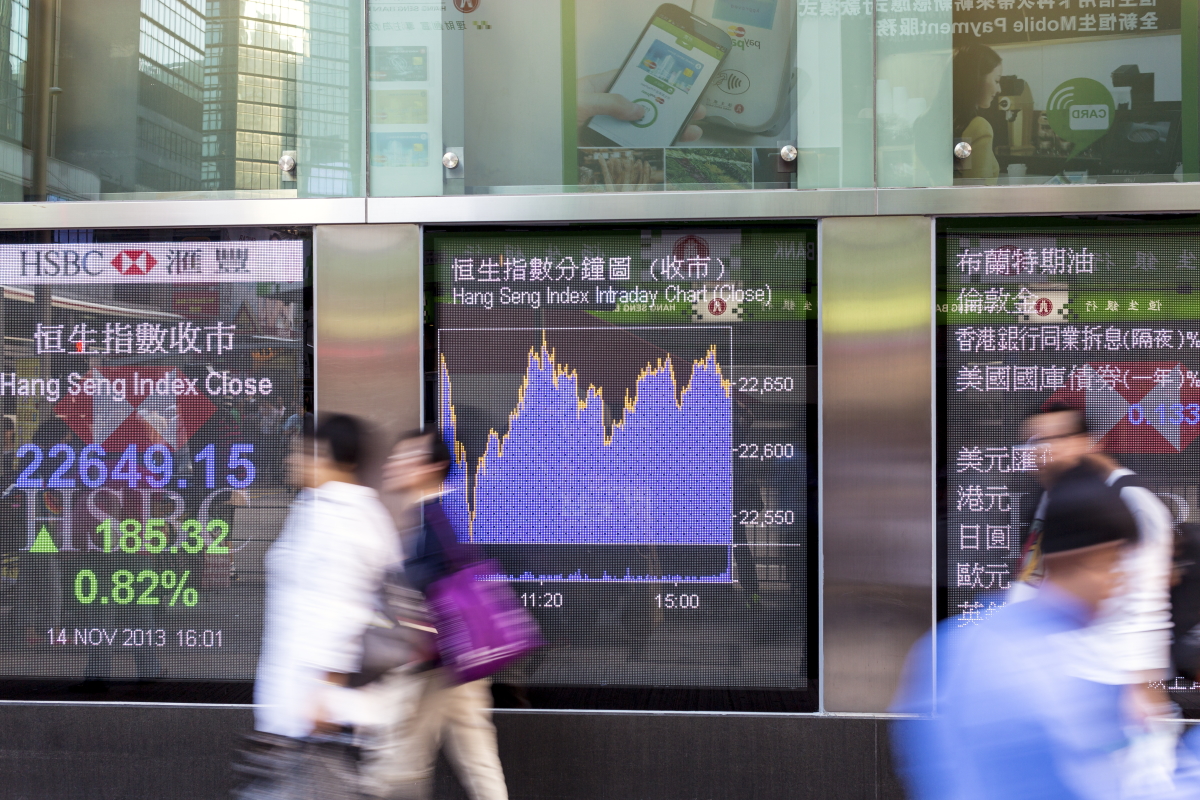Anticipating global recession, rising inflation and a strong dollar drew away cash, foreign investors continued to cut their holdings in Chinese bonds during July, data from the Institute of International Finance (IIF) showed. Emerging markets witnessed foreign fund outflows for the fifth consecutive month – the longest such streak on record since 2005 owing to global recession risk, inflation and a strong dollar that led to the withdrawal of cash, the IIF report showed.
Precisely speaking, Chinese debt saw outflows of an estimated $3 bn in July, while $6 bn exited other EMs. Overseas investors have been reducing holdings of Chinese bonds since February, as diverging monetary policies kept Chinese yields pinned below their U.S. counterparts.
Fund outflows and weakness in China
July saw inflows of $2.5 bn to emerging-market equity portfolios outside of China, the first month of inflows since February, while ex-China emerging-market debt posted $6.0 bn in outflows. China saw a net outflow of $6.4 bn, with $2.9 bn leaving debt portfolios and $3.5 bn exiting from equities.
As a fall-out of property woes, Covid-19 flare-ups and fears of global recession, the benchmark CSI 300 Index also declined by 7% last month — dropping every week in July. According to IIF data, growth in the world’s second-largest economy slipped steeply in the April-June quarter, belying market expectations with only a 0.4% increase during the corresponding period a year earlier.
A note issued by China International Capital Corporation read, “China’s A-shares saw a range-bound, generally weaker trend since July under both domestic and overseas influences”. The IIF report also said that several factors will continue to influence the dynamics of capital outflow. Some of the factors that will be in focus include the timing of peak inflation and the perspective of the Chinese economy, it added.
The market decline has deteriorated following the impacts of the Ukraine war and amounting to Sino-U.S. tensions over the recent visit of the U.S. House of Representatives Speaker Nancy Pelosi to Taiwan, which China claims to be its territory.
In fact, foreign investors have been lowering their holdings in Chinese bonds since February, as varying monetary policies kept the yields of China below their U.S. counterparts. While the People’s Bank of China has been easing its policy to boost the country’s Covid-hit economy, the Federal Reserve has been hiking rates to fight spiralling inflation.
Fund outflows from emerging markets
The outflow of capital is not restricted to Chinese bonds. In fact, it has become a global phenomenon in almost all emerging markets, especially in Asia. IIF data shows that non-residents withdrew $9.8 bn from the emerging market portfolios last month, compared with an outflow of $3.8 bn in June and a $35.1 bn inflow in July 2021. The net outflows over the past five months totalled $39.3 bn.
Emerging markets witnessed fund outflows partially owing to the reversal of low-interest rates by the developed economies to put a cap on inflation. Their challenge was increased following Russia’s invasion of Ukraine in February, which led to a spike in food and energy prices.
In many emerging markets like India, the Philippines and Indonesia, commodity exporters increased revenue and earned more payments thereby attracting investments. This helped to counter the strength of the dollar – albeit only for a while. A statement issued by IIF economist Jonathan Fortun read, “Most of the recent dynamics in flows can be attributed to the dollar.”


 Australia
Australia China
China India
India Indonesia
Indonesia Japan
Japan Malaysia
Malaysia Philippines
Philippines Singapore
Singapore South Korea
South Korea Taiwan
Taiwan Thailand
Thailand Vietnam
Vietnam







